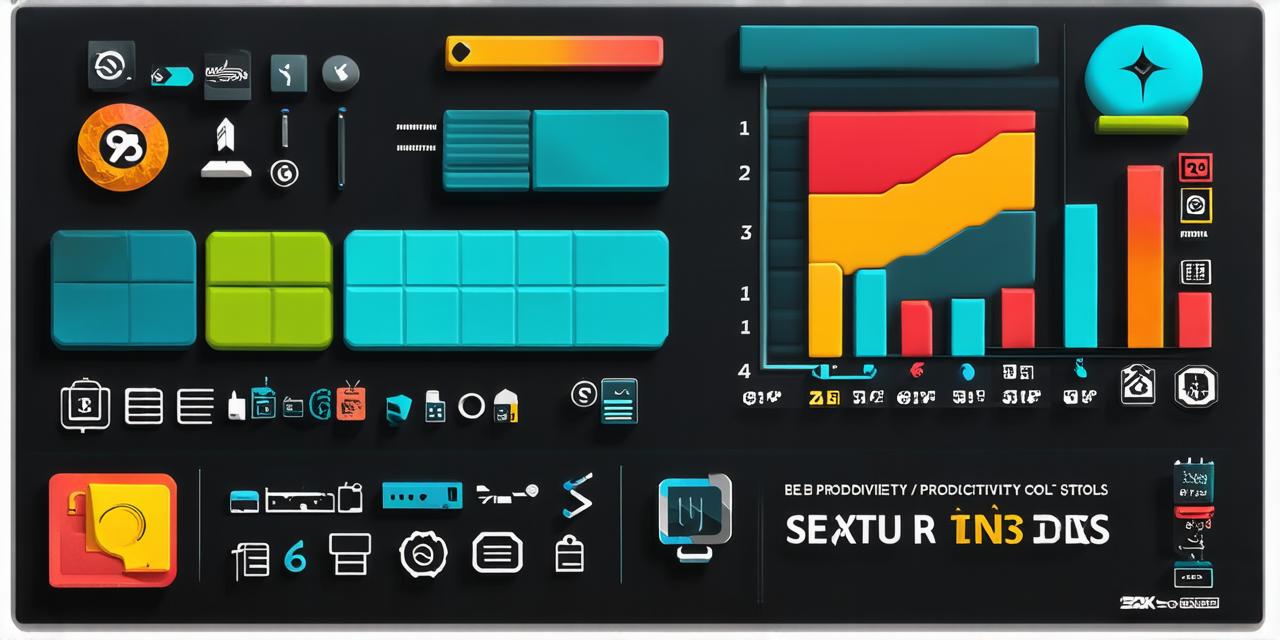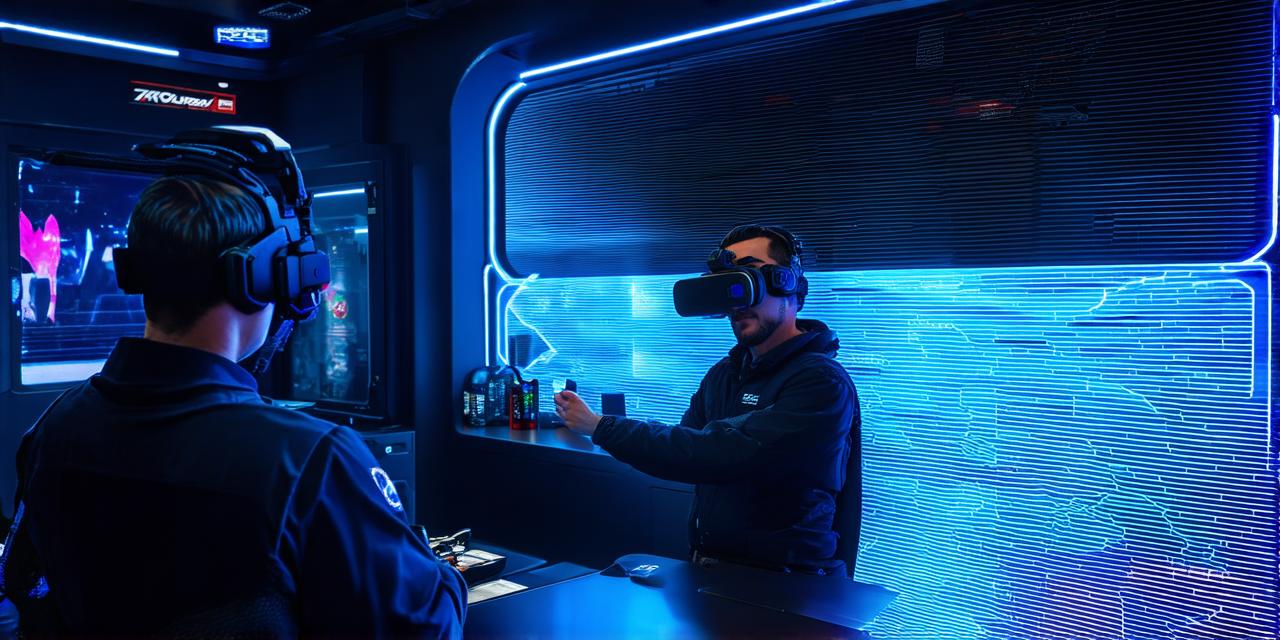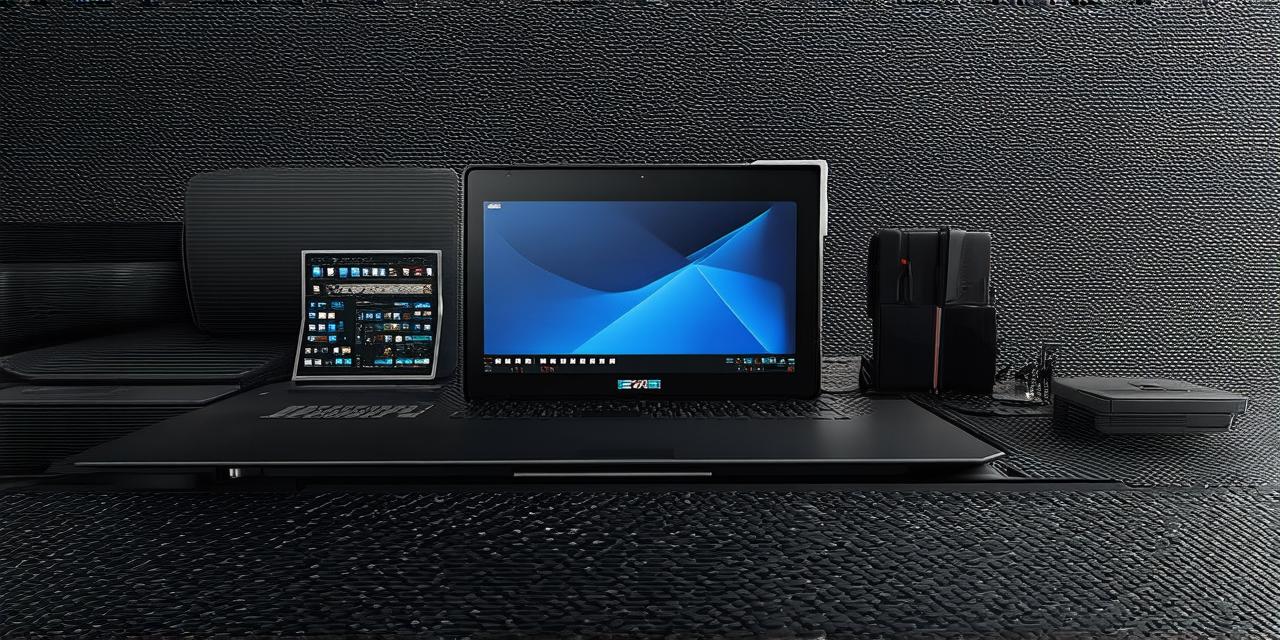Boosting Productivity in Virtual Reality Development
In the rapidly evolving world of Virtual Reality (VR) development, staying productive is crucial to delivering immersive experiences that captivate users. Here are five indispensable tools that can significantly boost your productivity.
1. Unity
Unity, a versatile game engine, is a favorite among VR developers due to its intuitive interface and extensive library of assets. According to a recent survey by Unity Technologies, 50% of all mobile games are made using Unity. Its powerful physics engine and real-time rendering capabilities make it an ideal choice for creating engaging VR experiences.
2. A-Frame
A-Frame, a web framework for building VR experiences, is a game-changer for developers who prefer coding in HTML. It allows you to create immersive VR environments without the need for complex setup or extensive knowledge of VR programming. With A-Frame, you can focus on creating content rather than wrestling with technicalities.
3. Oculus Medium
Oculus Medium, a sculpting and painting tool, is a must-have for artists working in VR. It offers an intuitive, hands-on experience that allows you to create detailed 3D models quickly and easily. With Medium, you can bring your creative ideas to life in a matter of minutes, significantly boosting your productivity.
4. VRTK (VR Toolkit)

VRTK is an open-source toolkit for Unity that provides a wide range of pre-built scripts and assets for VR development. It can save you countless hours of coding by providing ready-to-use solutions for common VR tasks such as teleportation, grabbing objects, and interaction with the environment.
5. SteamVR
SteamVR, a platform developed by Valve Corporation, is essential for testing and deploying your VR applications. It offers a wide range of hardware support, including the Oculus Rift, HTC Vive, and Windows Mixed Reality headsets. With SteamVR, you can test your application on multiple devices, ensuring a smooth and immersive experience for all users.
FAQs
Q: Are these tools free to use?
A: Most of these tools offer free versions with limited features. However, you may need to purchase a license or upgrade to access all features.
Q: Do I need to be an expert in VR programming to use these tools?
A: While some technical knowledge is required, these tools are designed to be user-friendly and accessible to developers of all skill levels.
In conclusion, these five tools can significantly boost your productivity in VR development. By streamlining your workflow and providing ready-to-use solutions, they allow you to focus on creating the best possible VR experiences for your users. As VR continues to evolve, so too will the tools at our disposal. Stay tuned for more insights into the world of VR development!


